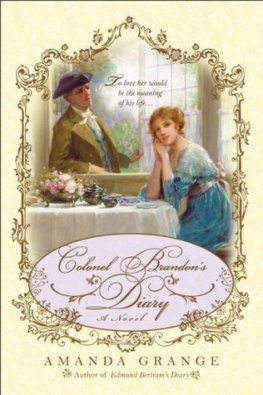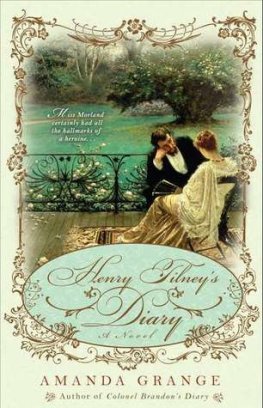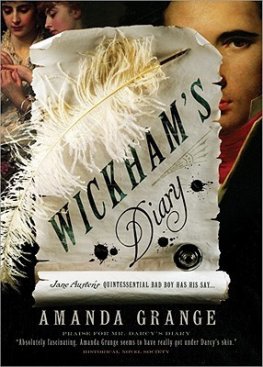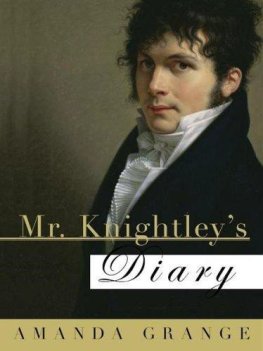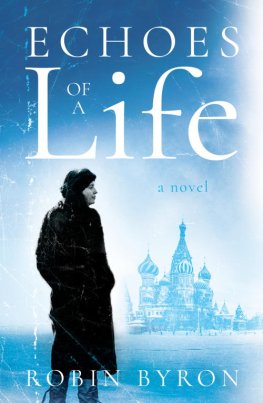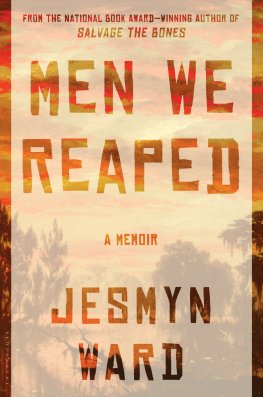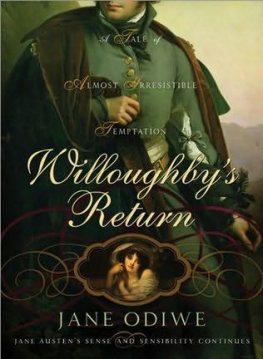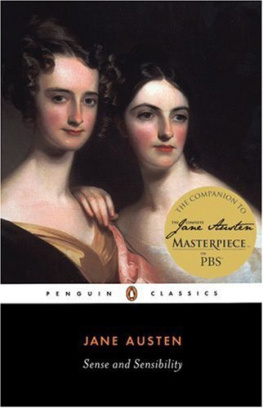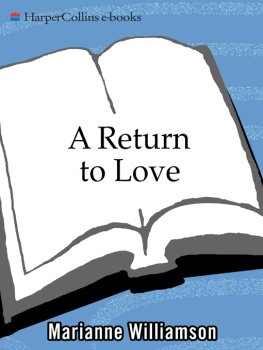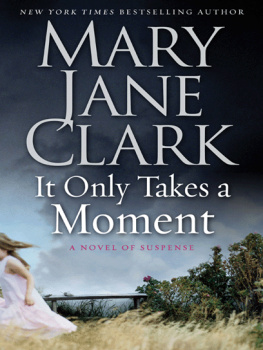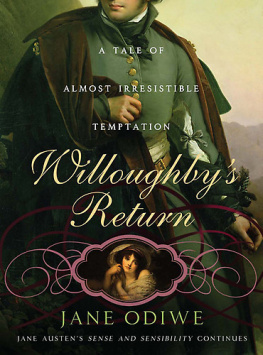Amanda Grange
Colonel Brandon's Diary
Tuesday 16 June
I thought the holidays would never arrive, but I am on my way home at last.
Remember, you are to visit us in August! said Leyton to me as he boarded the stage.
I will not forget, I promised him.
His coach pulled out of the yard and I went into the inn where I ate a second breakfast before it was time for my own coach to leave, and then I was soon on my way to Delaford. As the buildings of Oxford gave way to open countryside, I fell into desultory conversation with my fellow passengers, but it was too hot to talk for long and we were soon silent, watching the fields and rivers and hamlets pass by.
The light began to dwindle. Night fell, and the coach stopped at a respectable inn. I partook of the ordinary and now here I sit, in my chamber, looking forward to the summer.
Wednesday 17 June
I dozed through the first part of the journey, but as I neared home, I took more interest in my surroundings. My eyes travelled over the fields adjoining the estate and then I saw a welcome sight. It was Eliza, walking by the river with her straw hat dangling by its ribbons and her brocade skirt held up in her hand.
The coach slowed to turn a corner. I opened the door and, much to the consternation of my fellow passengers, I threw out my pack and then jumped after it, slithering down the grassy verge before reclaiming it at the bottom and calling to her. She turned round and, eyes alight, ran towards me. I caught her up and spun her round, thinking, I cannot remember a time when I did not love Eliza.
Did you miss me? I asked her, as at last I put her down, though I kept my arms around her, for I could not bear to let her go.
And what am I to say to that? she said with a smile. Am I to tell a lie, or am I to tell the truth and make you conceited?
I laughed, and she slipped her arm round my waist, then we began to follow the river towards the house.
How was Oxford? she asked me.
Much as ever. The lectures were dull and the fellows, save for a few, either dissolute or boring. But never mind, in a few more years I will have qualified for the law, and then we will buy a house somewhere, a snug little cottage
Though you do not need a profession, because we will have my fortune to live on.
I will not touch a penny of your fortune, I said seriously.
Why not? It will make us comfortable, and more than comfortable. When I come into it, it will make us rich.
I want to support you.
Then what are we to do with it? It seems a pity to waste it, when it is there for the taking.
Save it for our children, I said.
Our children? Pray, do you not know it is indelicate to speak of such a thing to an unmarried woman? she asked me saucily.
Our children, I said, unrepentant. Once we are married
If we are married. You have not asked me yet.
I dropped my pack and fell to one knee, taking her hand.
Eliza, will you marry me?
When you have nothing to offer me, indeed when you are far too young to think of marriage, being a mere stripling of eighteen? she teased.
A stripling, am I? I asked, rising to my feet.
A stripling! she said tauntingly, then she turned and ran. I gave chase and, easily catching her, I lifted her up and put her over my shoulder. She beat on my back with her fists, laughing all the while.
Put me down!
Not until you say you are sorry!
For what? For speaking the truth? she asked.
For calling me a stripling.
Very well, I apologize.
That is better.
I put her down again.
It was very wrong of me. You are not a stripling, I see that now, you are a sapling, she said.
But a sapling you will marry?
If you do not know the answer to that already, my dearest James, she said tenderly, you never will.
She lifted her hand to my face and I kissed it, saying, Then as soon as we are of age we will be wed.
You will have to ask your father for his permission first, she said, reluctantly pulling away from me. He is my guardian, and he must have his say. Only do not do it yet. I want to have some time to ourselves, with no one knowing; no fuss made; no calls to make and return; just the two of us, secure in our love.
Whatever you want, it is yours. You know I have never been able to deny you anything.
We walked on for some time without speaking, rejoicing in the day, with nothing but the sound of the river and the song of the birds to break the silence. We came to the gate in the wall and entered the grounds, going in through the orchard, where the trees were beginning to swell with fruit. The house lay before us, and as I saw its solid faade I realized how much I loved it. I thought of all the happy years Eliza and I had spent there, and all the happy years to come.
We began to talk again, and I asked her what she had been doing whilst I had been at Oxford.
What every other young lady does, she replied. I have been practising my music and improving with my watercolours. I painted a very pretty view of the bridge last week, though the proportions were wrong and the colours false; however, it was very pretty. And I started a portrait of Miss Jenkins.
And how is the estimable Miss Jenkins?
She is very well, though a little deaf.
And how did you manage to evade her this afternoon?
I told her I needed some exercise, and as she was sleepy after a heavy lunch, she was content for me to go out alone, as long as I did not stray beyond the grounds.
And what else have you been doing?
I have been netting a purse and singing and dancing
Ah, yes, so you told me. I believe you said you had a new dancing master. I am very glad of it, for the last time I was at home I noticed that Monsieur Dupont was ruining your feet. I believe he stepped on your toes more often than not. This new man is very ugly, I believe you said, with a face like a gargoyle. Poor fellow.
Not a bit of it, he is very handsome; I will go further, and say that he is very handsome indeed. He has dark hair, clear eyes and good teeth. His chin is pronounced and his forehead is noble. Moreover, he has a finely turned calf, broad shoulders and overall the air of a gentleman. His address is good, and his manners pleasing. We are very lucky he condescends to be my master.
We left the orchard behind us and entered the pleasure gardens, where the roses were in bloom. They filled the air with their perfume, and their dancing heads bobbed on their stalks as the breeze blew them this way and that.
He does very well for an elderly man, then, for I believe you said he was in his dotage, I remarked.
On the contrary, he is very young, not a day over five and twenty, she returned.
Nonsense! Dancing masters are never five and twenty. They are always at least sixty. They would not be allowed in the house otherwise, especially if they were handsome young ladies being prone to unsuitable fancies.
I do believe you are jealous! she said, turning to me with a mischievous gleam in her eye.
Of Mr Allison? I snorted. I hardly think so.
There you are, you see, you even remember his name, a sure sign of jealousy!
It is nothing of the kind. It is just because you mentioned it so often in your letters.
I mentioned it once! she contradicted me.
And once was all I needed, for I have an excellent memory.
Your memory is abominable, she returned.
Nonsense. I never forget anything.
Then what colour is my new ball gown, which I mentioned to you in my letters?
It is ... that is to say ... I believe, yes, I am sure ...
Well? she asked.
I do not immediately recall.
No? Not even with your good memory? she asked satirically.
Ah, I have it! It is blue, I said, hazarding a guess.

